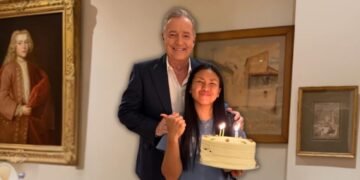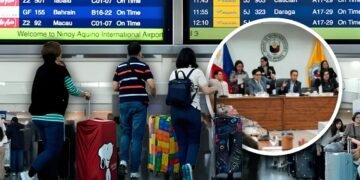The Supreme Court has ruled that the House of Representatives did not violate the right to free speech of vloggers invited to hearings on the spread of fake news.
In a decision made public Thursday, the Court En Banc dismissed the petition filed by Ernesto Abines Jr. and other vloggers seeking to stop the House Tri-Committee from summoning them to legislative inquiries on online disinformation. The petitioners claimed the hearings humiliated them and infringed on their freedom of expression.
The Supreme Court disagreed, saying Congress acted within its constitutional powers. “The invitation did not regulate what they said or how they expressed themselves. Congress, as part of its functions, only wanted to gather information for crafting laws, not to punish anyone for spreading ‘fake news’ or to suppress speech,” the ruling said.
The Court cited Article III, Section 4 of the Constitution, affirming that freedom of speech, expression, and the press are protected rights—but not absolute. “While these rights may be restricted, any regulation must be aligned with legitimate objectives. In this case, simply inviting the vloggers as resource persons did not violate their freedom of expression,” it added.
It also ruled that Rep. Robert Ace Barbers’ privilege speeches that initiated the hearings did not curtail free expression. “His speeches were not meant to silence or punish anyone. He delivered them in his capacity as a Member of the House, addressing a serious social problem—the deliberate spread of misinformation that harms not only public officials but also ordinary citizens,” the decision read.
The Supreme Court further emphasized that the House inquiry sought to address the harmful effects of misinformation on public trust. “The dangers of the proliferation of false information and narratives are not difficult to imagine, and the need to address this issue most promptly is truly imperative. Allowing the unregulated dissemination of erroneous facts will ultimately degrade trust among the people and threaten the stability and reliability of day-to-day transactions,” it stated.
However, the Court noted that some lawmakers’ questioning during the hearings was “unduly harsh or demeaning.” It reminded Congress to ensure resource speakers are treated with courtesy and respect.
The ruling concluded that legislative hearings on fake news are part of Congress’s constitutional duty to craft laws, and that such invitations do not, by themselves, infringe on freedom of expression.












